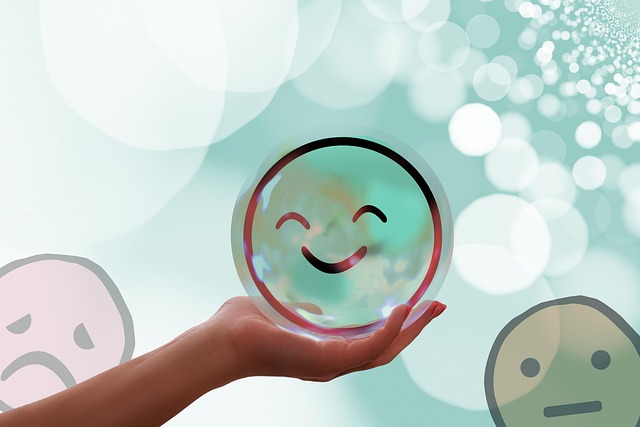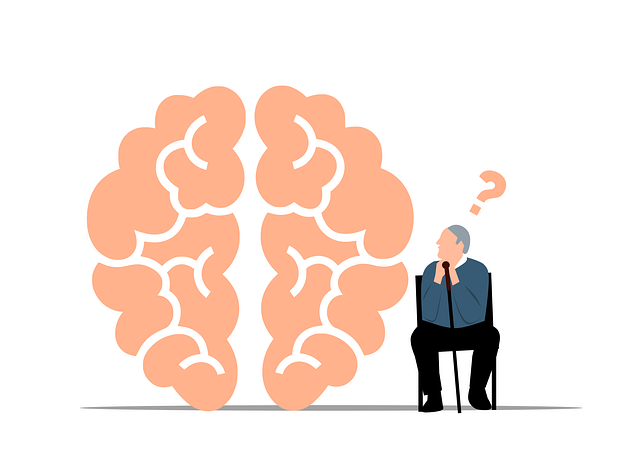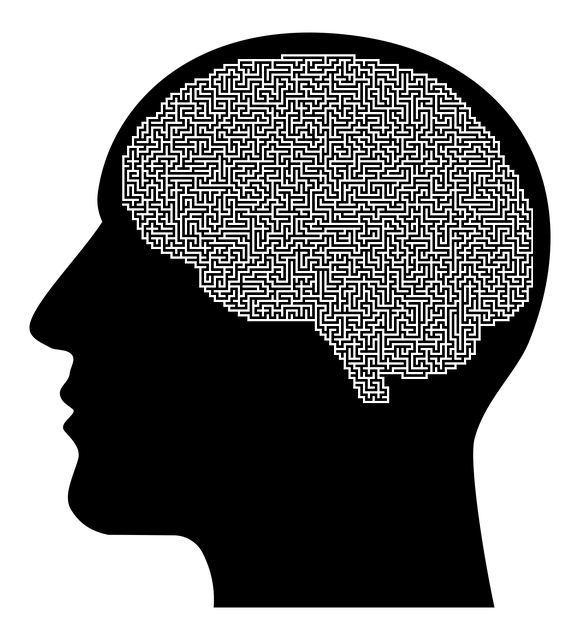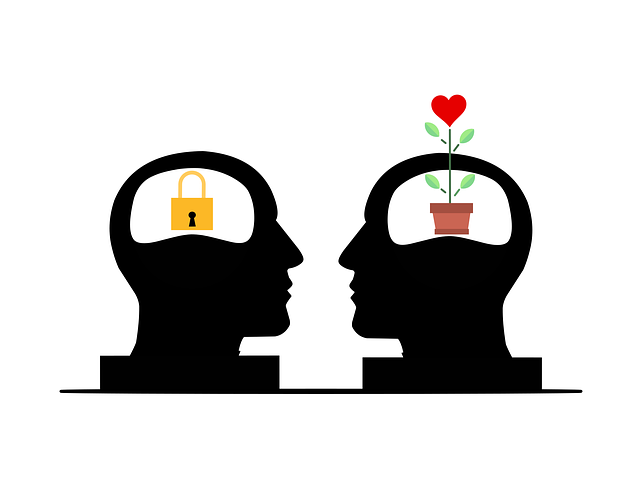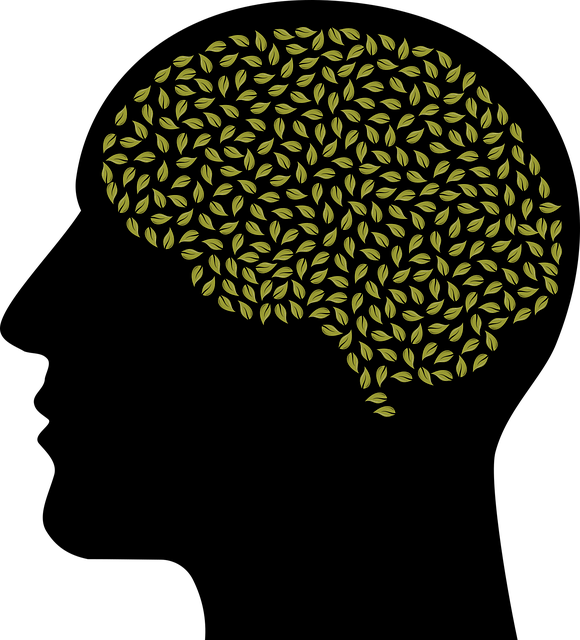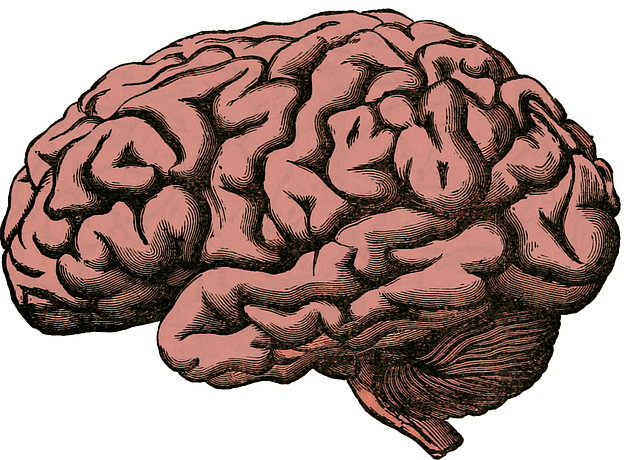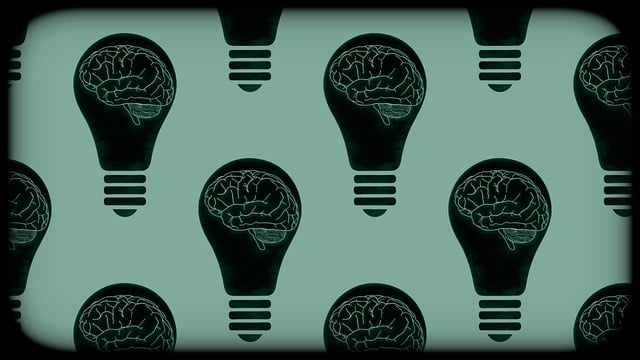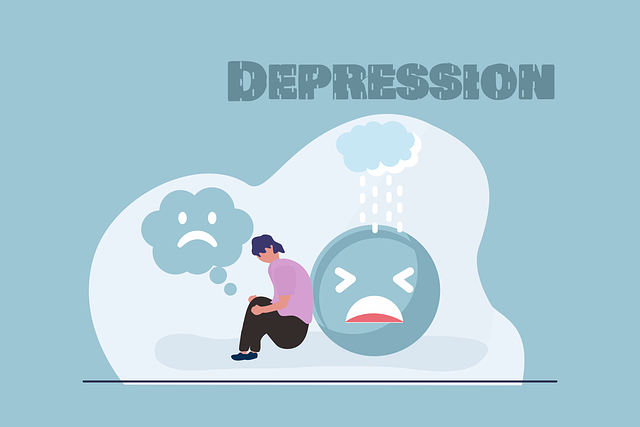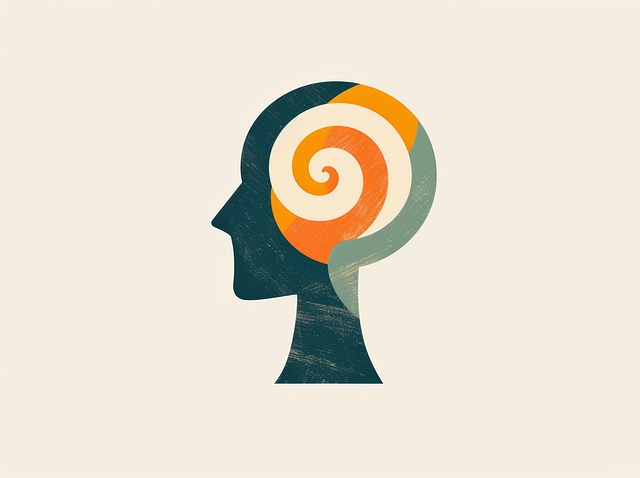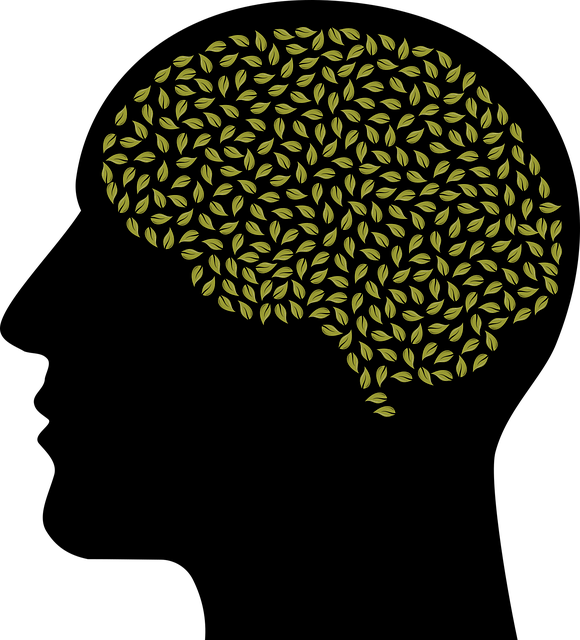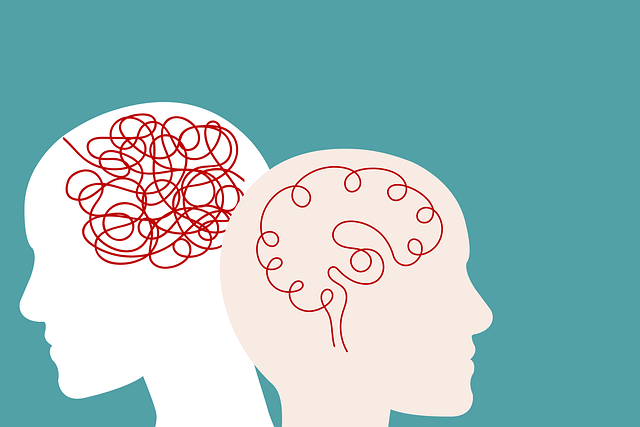In Denver, culturally sensitive mental healthcare, specifically tailored for ADD-ADHD, is crucial to address the city's diverse population. Therapists must navigate cultural differences in language, values, and non-verbal cues through active listening, empathy, and adapted communication. By recognizing and respecting varied backgrounds, beliefs, and experiences, providers create inclusive environments that foster trust, engagement, and effective treatment outcomes for all clients, including those with ADD-ADHD.
In today’s diverse society, cultural sensitivity is paramount in mental healthcare. Understanding cultural diversity shapes effective treatment for a wide range of clients. This article explores the intricate dynamics of cross-cultural communication, focusing on challenges faced by healthcare professionals and the crucial role of cultural competence in ADHD therapy. We delve into adaptive treatment approaches that respect diverse belief systems and highlight inclusive practices within Denver’s mental healthcare environment, with a specific lens on Denver ADD-ADHD Therapy.
- Understanding Cultural Diversity and Its Impact on Mental Health
- Challenges in Cross-Cultural Communication for Healthcare Professionals
- The Importance of Cultural Competence in ADD/ADHD Therapy
- Adapting Treatment Approaches to Respect Diverse Belief Systems
- Fostering Inclusive Practices in Denver’s Mental Healthcare Environment
Understanding Cultural Diversity and Its Impact on Mental Health

In today’s diverse society, mental healthcare practitioners in Denver ADD-ADHD Therapy must embrace cultural sensitivity to provide effective care. Cultural diversity encompasses a wide range of factors, including race, ethnicity, religion, and socioeconomic status, each shaping individuals’ unique experiences and perspectives on health and wellness. This understanding is crucial when addressing mental health concerns, as cultural context can significantly impact how people express and perceive emotions, seek support, and respond to treatment. For instance, what may be considered a healthy self-care routine for one person might differ greatly from another’s due to cultural practices and beliefs.
Recognizing these differences fosters an environment of emotional regulation and mood management tailored to each client’s needs. By incorporating culturally sensitive practices, therapists can enhance the therapeutic process, build stronger connections with diverse clients, and ultimately improve outcomes. This approach encourages individuals to thrive in their mental health journeys, promoting not just symptom reduction but also a deeper understanding and appreciation for the rich tapestry of human experiences that make up the Denver community and beyond.
Challenges in Cross-Cultural Communication for Healthcare Professionals

In the diverse landscape of mental healthcare, where Denver ADD-ADHD Therapy has seen significant growth, cross-cultural communication presents unique challenges for professionals. This is particularly true when interacting with clients from different cultural backgrounds, as nuances in language, values, and expression can create barriers to effective treatment. For instance, non-verbal cues, such as eye contact or gestures, may carry distinct meanings across cultures, leading to potential misunderstandings.
Healthcare providers must cultivate compassion cultivation practices and resilience building techniques to overcome these hurdles. By promoting inner strength development, they can enhance their ability to connect with culturally diverse clients. This involves actively listening, showing empathy, and adapting communication styles to foster an environment of trust and understanding. Such sensitivity is crucial for ensuring that therapeutic interventions are not only effective but also respectful of each client’s unique cultural identity.
The Importance of Cultural Competence in ADD/ADHD Therapy

In the diverse landscape of mental healthcare, cultural competence is paramount, especially when addressing conditions like Attention-Deficit/Hyperactivity Disorder (ADHD) in Denver ADD-ADHD Therapy settings. Understanding and respecting cultural differences can significantly impact treatment outcomes. Every individual brings their unique background, experiences, and beliefs to therapy, which shape how they perceive and interact with mental health support. For instance, certain cultural groups may have distinct views on mental illness, its causes, and appropriate treatment methods.
Building cultural sensitivity involves training healthcare providers in empathy building strategies and self-care practices to prevent burnout. By embracing a culturally competent approach, therapists can create a safe and supportive environment. This ensures that individuals from various ethnic, racial, and cultural backgrounds receive personalized care, fostering better engagement and adherence to treatment plans. Ultimately, this enhances the effectiveness of ADHD therapy while promoting holistic well-being, catering to the specific needs of each client.
Adapting Treatment Approaches to Respect Diverse Belief Systems

In providing mental healthcare, it’s crucial to recognize and respect diverse belief systems that shape individuals’ lives and experiences. This adaptability is essential in creating an inclusive environment where clients from various cultural backgrounds feel understood and supported. For instance, when treating conditions like ADD-ADHD in Denver, therapists must be prepared to incorporate tailored approaches that consider the unique cultural contexts of their patients. By doing so, they enhance the effectiveness of treatment and foster better engagement.
One effective strategy is integrating mindfulness meditation and emotional well-being promotion techniques that resonate with different cultural traditions. Healthcare provider cultural competency training plays a pivotal role in equipping professionals with the knowledge and skills to navigate these differences. Through such training, therapists learn to avoid assumptions and biases, ensuring their practices are sensitive to the diverse belief systems that influence their clients’ mental health journeys.
Fostering Inclusive Practices in Denver’s Mental Healthcare Environment

In Denver, fostering inclusive practices in mental healthcare is essential to ensuring every individual receives culturally sensitive support tailored to their unique needs. The city’s diverse population includes a wide range of ethnic backgrounds, cultural beliefs, and languages spoken, requiring therapists to embrace versatility in their approach. By integrating communication strategies that bridge language gaps and promote understanding, Denver’s mental health professionals can create safe spaces for clients with varying cultural expressions. This involves learning basic phrases in multiple languages, adapting therapeutic materials, and demonstrating empathy towards different cultural practices and perspectives.
Beyond language barriers, effective Denver ADD-ADHD therapy necessitates an awareness of nonverbal cues and unconscious biases. Mental healthcare providers should actively practice conflict resolution techniques to navigate sensitive topics and address potential misunderstandings. This includes employing active listening skills, clarifying assumptions, and using inclusive language that respects personal boundaries and cultural norms. Such practices not only enhance the therapeutic relationship but also improve overall mental health outcomes for Denver’s diverse community.
Cultural sensitivity is no longer a consideration but a necessity in mental healthcare. As Denver’s diverse community seeks support for issues like ADD/ADHD, it’s crucial that therapists adapt their practices to respect and understand various cultural beliefs and communication styles. By fostering inclusive environments and developing cultural competence, mental health professionals can ensure effective treatment and build stronger connections with clients from all backgrounds. This approach not only enhances care but also promotes a more welcoming Denver ADD-ADHD therapy experience for everyone.

